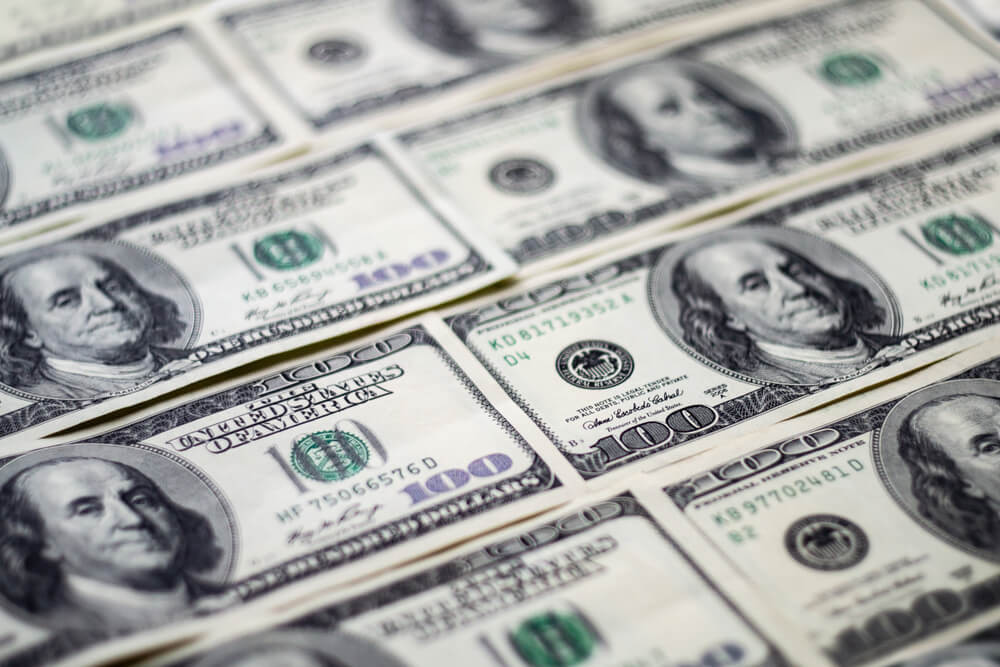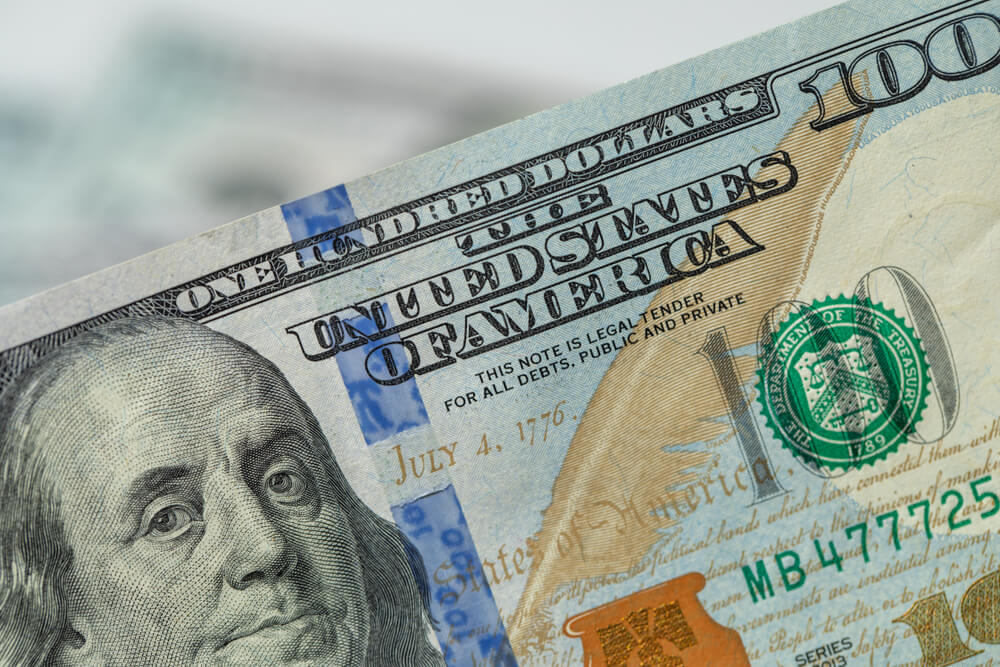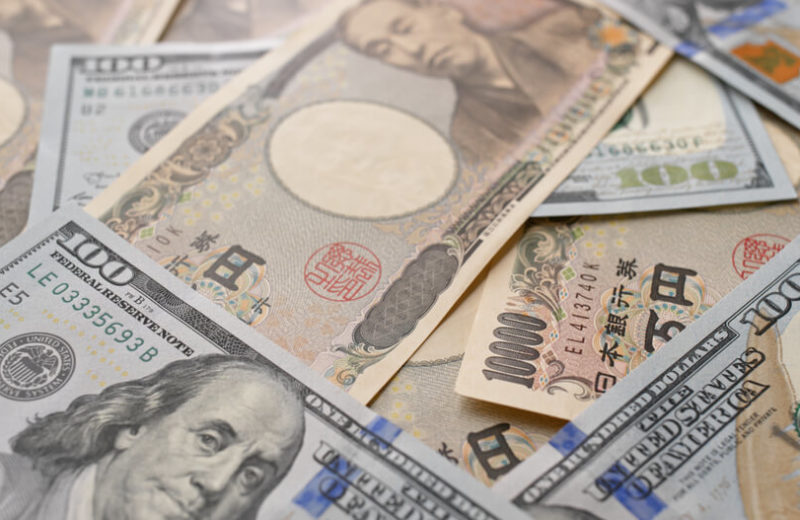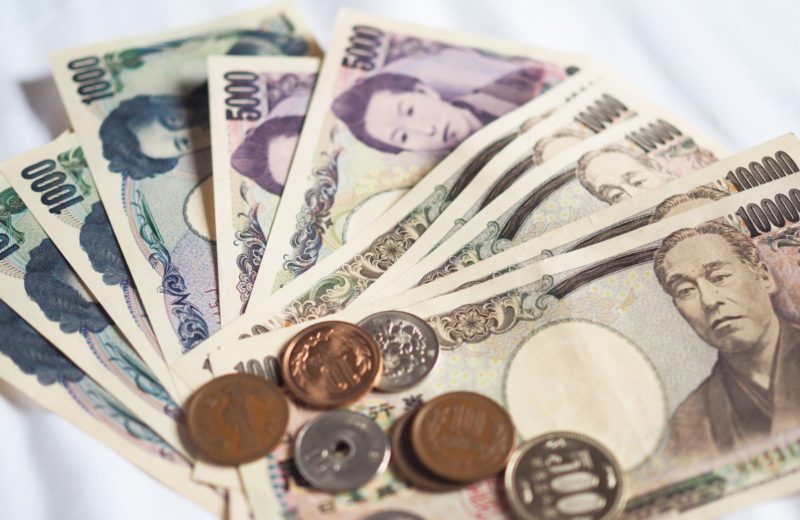On Thursday, the dollar slumped across the board. It gave up territory gained in recent sessions as investors sought higher-yielding currencies in response to rising risk sentiment.
Moreover, stock markets worldwide climbed on Thursday; reversing recent losses, as speculation that Saudi Arabia would increase crude output helped calm oil prices. Therefore, this eased fears about rising inflation and monetary policy tightening. News that Saudi Arabia may increase oil production and suggestions that China would relax certain COVID rules are helping to boost risk sentiment, which is hurting the safe-haven currency, according to Doyle.
Oil Market Impacts on Currencies
Oil prices remained stable; it reversed early Thursday losses after OPEC+ agreed to increase oil output to compensate for a decline in Russian output. After two months of harsh isolation under the COVID-19 shutdown, Shanghai came alive on Wednesday; stores reopened and people returned to workplaces, parks, and marketplaces. The dollar index (DXY) measures the dollar’s value against six major currencies; it was 0.8 percent down at 101.78, ending a two-day winning run.
The dollar had little support from data indicating that private payrolls in the United States expanded significantly less than expected in May; this implied that labor demand was slowing amid rising interest rates and tightening financial conditions, even though job postings remain extraordinarily high. Riskier currencies, such as Australian and New Zealand dollars, rose 1.17 percent and 1.20 percent against their US counterparts. The Canadian currency gained 0.6 percent versus the US dollar a day after the Bank of Canada hiked interest rates. Hence, it hinted at a quicker rate hike schedule.
Furthermore, the Swiss currency rose 0.5 percent versus the dollar after Swiss prices rose the highest in 14 years in May, making Switzerland the latest country to be hammered by increasing gasoline and food costs affecting economies around the world. Bitcoin, the world’s largest digital currency by market value, was little changed at $30,070.99 after falling 6% on Wednesday. The world’s largest digital currency by market value struggled to overcome a wave of selling pressure that has enveloped it recently.













